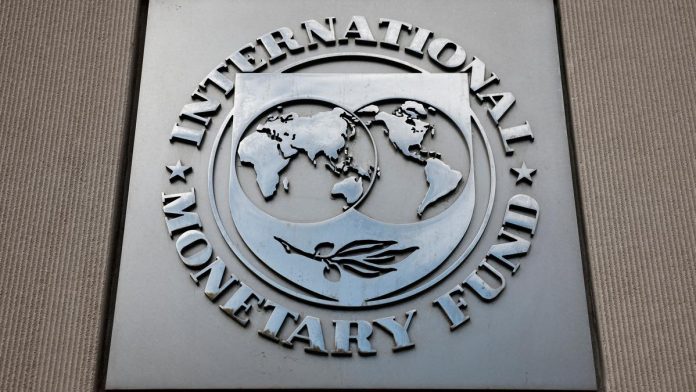The International Monetary Fund (IMF) has approved a $1 billion loan for Pakistan under the Extended Fund Facility (EFF), bringing the total support to $2.1 billion. India abstained from voting on the decision due to concerns about the possible misuse of these funds. Critics in India fear that Pakistan might use the money for cross-border terrorism amid ongoing tensions between the two countries.
In addition to the $1 billion bailout, the IMF approved an extra $1.4 billion for Pakistan under the Resilience and Sustainability Facility (RSF). This $2.4 billion package aims to help Pakistan tackle its balance of payments issues and build resilience against climate change and future pandemics.
Concerns over the IMF’s aid effectiveness
India has raised doubts about the impact of the financial aid. The country points out that Pakistan has received IMF support for 28 of the last 35 years, yet significant economic reforms remain absent.
India is also concerned about the military’s involvement in Pakistan’s economy. Despite a civilian government, the military still plays a crucial role in both politics and economic decisions.
A 2021 United Nations report described military-linked businesses as the largest conglomerate in Pakistan. This has deepened India’s concerns about the IMF’s decision to extend further support to Pakistan, citing a lack of transparency and civilian oversight.
Jammu and Kashmir criticises IMF support for Pakistan
Omar Abdullah, the Chief Minister of Jammu and Kashmir, has been vocal in his criticism of the IMF. On X (formerly Twitter), Abdullah questioned how the international community expects tensions to ease when the IMF essentially reimburses Pakistan for its military actions. His comments reflect India’s fears about the potential misuse of funds during the ongoing regional conflict.
The IMF has defended its decision, pointing to Pakistan’s progress under the EFF programme. The IMF highlighted Pakistan’s strong fiscal performance, noting a primary surplus of 2% of GDP in the first half of fiscal year 2025. The Fund believes Pakistan will meet its targets for the end of the fiscal year.
